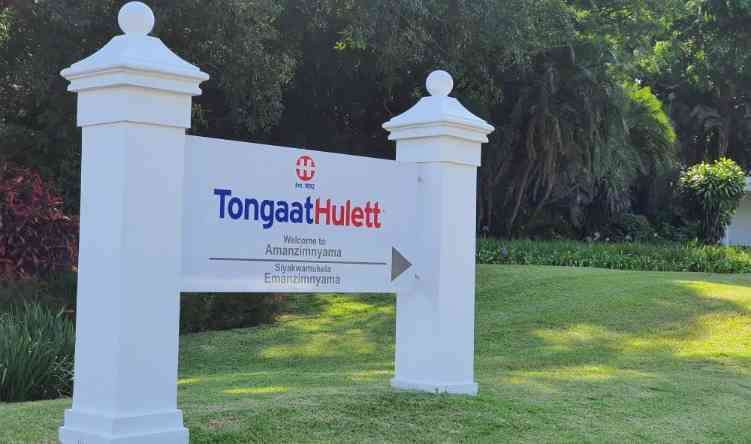
ZIMBABWE’S country risk is affecting the ability of local companies to get confirmation for letters of credit (LC) from leading global lenders, businessdigest has learnt.
An LC is defined as a letter from a bank guaranteeing that a buyer’s payment to a seller will be received on time and for the correct amount.
As a trade finance tool, LCs are designed to protect both exporters and importers.
LCs have been available in the Zimbabwean market through various arrangements, which would have to be guaranteed by the Reserve Bank of Zimbabwe.
However, increased country risk issues mainly around debt have led many foreign entities to decline to confirm LCs.
Mid this year, GCR Ratings, a leading rating agency, said Zimbabwe’s country risk was high, reflecting the sovereign defaults, arrears and high debt.
Bankers Association of Zimbabwe president Lawrence Nyazema told businessdigest this week that most of the LCs now required partial or full cash cover in foreign currency, tying up limited resources available for direct lending and other requirements.
“It is difficult for local institutions to get clean or unsecured lines (especially from A-rated globally recognised banks) to confirm LCs for both exporters and importers,” Nyazema said.
- Directors’ governance plan gets Central Bank nod
- Directors’ governance plan gets Central Bank nod
- Zimdollar shortage hits the country
- RBZ calls for banks support on marginalised sectors
Keep Reading
“Most of these lines have to be secured with partial or full cash cover in foreign currency, which ties up limited resources available for direct lending and other requirements.”
Nyazema said LCs gave confidence to exporters that they would be paid if terms and conditions of the transaction were fulfilled.
Regarding import LCs, he added that these guarantees protected entities who buy goods from outside the country by enabling them to release cash after fulfilment of trade terms.
“In the absence of LCs, exporters and importers conduct business on open accounts where there may not be adequate compensation if something goes wrong,” Nyazema said.
“To manage this risk, most businesses transact with trusted and long-established partners.”
He also highlighted that the banking sector’s confidence had been impacted by the challenges surrounding the cost and accessibility of financial services as well as the lack of attractive interest rates or incentives on deposits and savings.
Nyazema said there were also high costs associated with borrowing funds that have negatively weighed down the sector.
Eccro Consultancy analyst Enock Rukarwa said country risk was actually a secondary problem as appetite on the issuance of United States dollar or foreign currency credit facilities remained thin.
This, Rukarwa said, was in the backdrop of policy uncertainties, especially around sustainability of the dual currency system.
“Apart from the US dollar loanable funds market, US dollar fixed term financial instruments have been failing to attract desired uptake levels regardless of bearing shorter tenures,” he said.
Rukarwa said US dollar liquidity had increased locally, correlating with increased US dollar transactions, which is estimated at about 80% of total retail and wholesale transactions.











